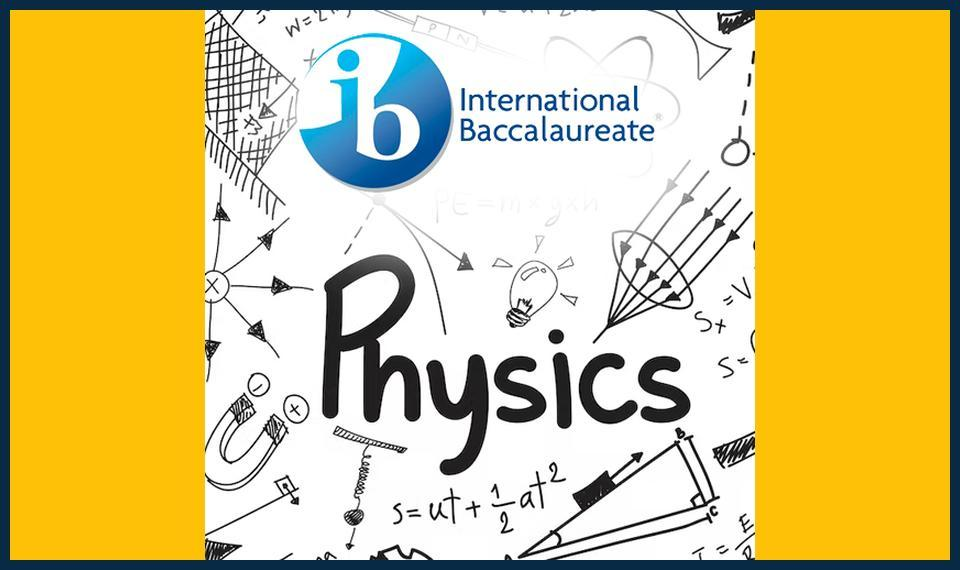![]()
Unleash Your Potential: Mastering IB Physics with Smart NoteTaking Techniques 📓💡
Introduction 🌟
Welcome to the exciting world of International Baccalaureate (IB) Physics! As a student, parent, tutor, or teacher, you’re embarking on a rewarding journey filled with discovery and growth. In this post, we’ll explore effective notetaking strategies to help you conquer IB Physics, ensuring academic success and a deeper understanding of the subject.
Why NoteTaking Matters 📝
Notetaking is more than just a way to capture information; it’s a powerful learning tool that aids retention, understanding, and recall. By actively engaging with the material, you’re fostering a deeper connection with the subject matter, setting yourself up for success in IB Physics.
The Art of Smart NoteTaking 🎨
1. Cornell NoteTaking System 🌽: This method involves dividing your paper into three sections: notes, summary, and questions. Write down key points, summarise them in your own words, and jot down questions that arise. This encourages active learning and makes revision a breeze!
2. Mind Mapping 🌲: Visualise complex concepts by creating a web of interconnected ideas. Mind maps can help you see the big picture and understand how different topics relate to each other.
Practical Tips for Effective NoteTaking 💡
1. Abbreviations and Acronyms: Use them to save time and space, but ensure they’re easily understandable to you.
2. Pictures and Diagrams: Incorporate visuals to aid memory and understanding. A picture can often convey more than words!
3. Rephrase and Paraphrase: Don’t simply copy verbatim. Summarise and rephrase information in your own words to reinforce learning.
RealLife Example: 🌈
Imagine you’re learning about Newton’s Laws of Motion. Instead of writing down the laws verbatim, you could create a mind map with each law as a branch, connecting them with examples and diagrams. This visual representation would make it easier to understand and remember the laws.
The Role of Tutor GP in Your Learning Journey 🤝
At Tutor GP, we’re dedicated to providing personalised learning solutions for GCSE and ALevel subjects, including Physics, Chemistry, Biology, Maths, and more. Our expert tutors can guide you through the IB Physics syllabus, helping you develop smart notetaking skills and achieve academic success.
FAQs ❓
- 🎓 How can I make my notes more effective?
- Use the Cornell NoteTaking System or Mind Mapping, abbreviate, paraphrase, and incorporate visuals.
- 📚 Can I use these techniques for other subjects apart from Physics?
- Absolutely! These notetaking strategies are versatile and can be applied to any subject.
- 👩🏫 Do I need to buy special notebooks for these methods?
- No, any notebook will do. Just divide your paper into the necessary sections for the Cornell NoteTaking System or draw a central image for Mind Mapping.
- 🕰️ How long should I spend on each topic when taking notes?
- Aim for around 2030 minutes per topic to ensure you’re capturing the key points without overwhelming yourself.
- 💻 Can I use digital tools for notetaking?
- Yes, there are many digital notetaking apps available that can help you organise your notes effectively.
- 📅 How can I revise my notes efficiently?
- Regularly review your notes, summarise key points, and quiz yourself on the material to reinforce learning.
- 🤝 Can Tutor GP help me improve my notetaking skills?
- Absolutely! Our expert tutors can guide you through effective notetaking techniques, ensuring you’re wellprepared for your IB Physics exams.
- 🏆 How will smart notetaking help me achieve academic success?
- By actively engaging with the material and reinforcing learning, smart notetaking aids retention, understanding, and recall, setting you up for success in IB Physics.




